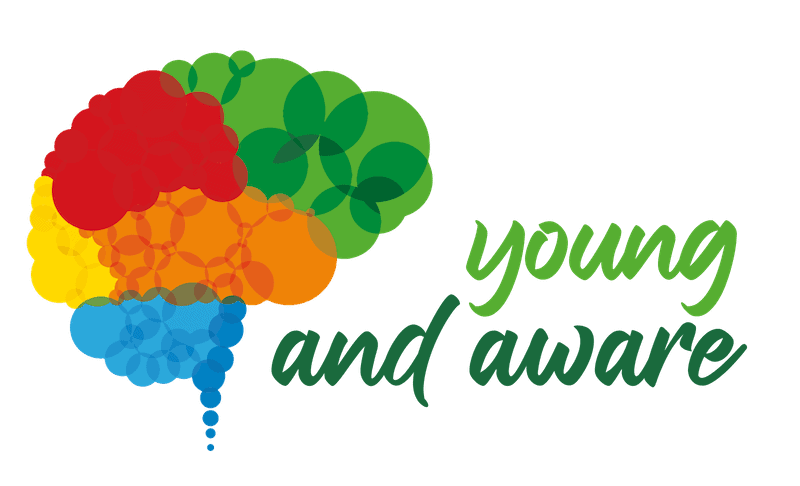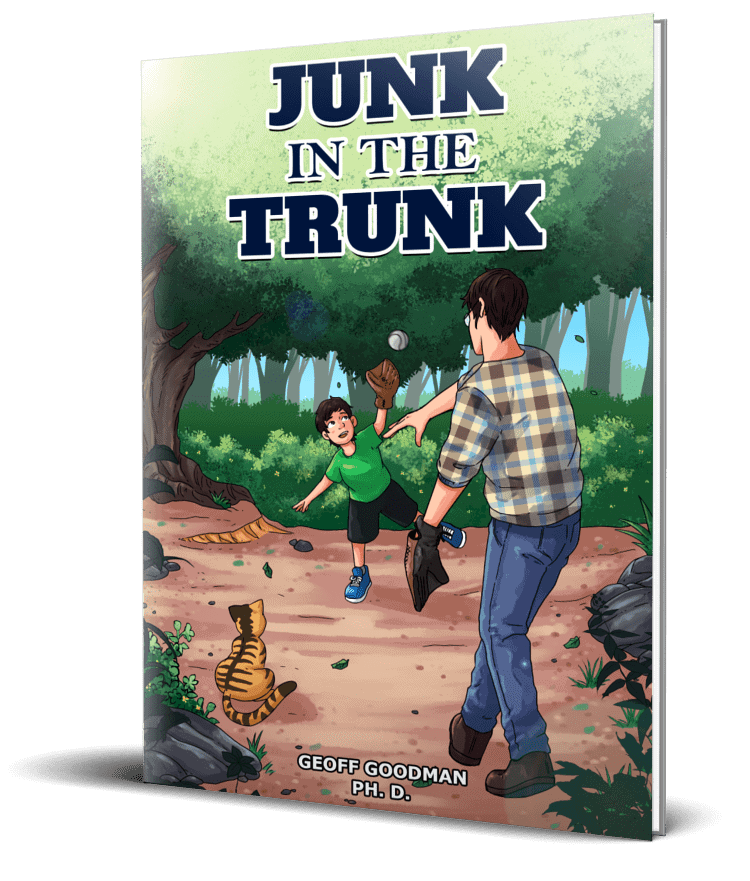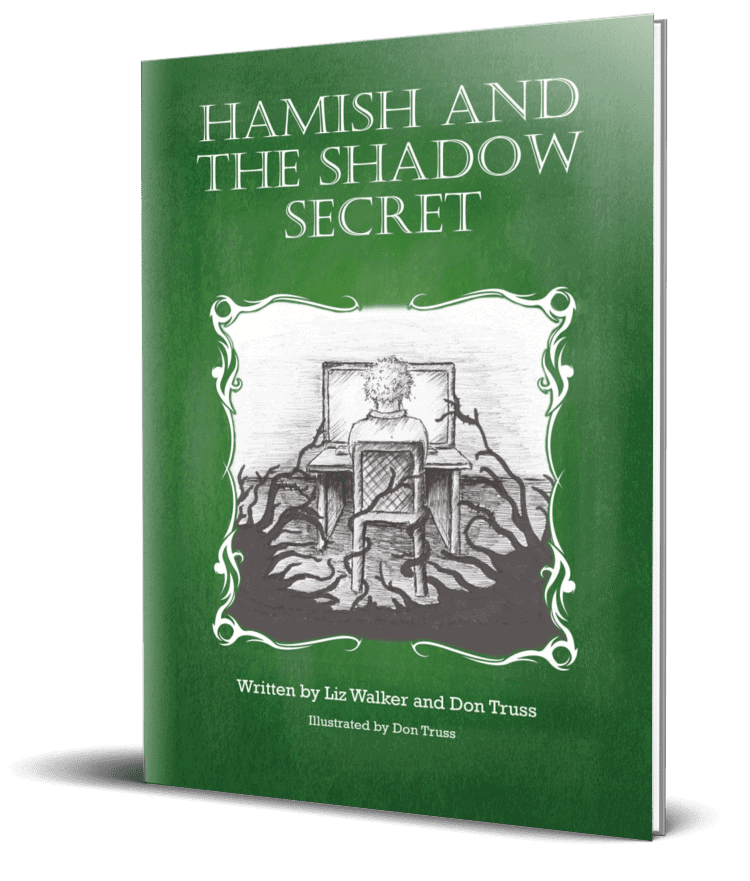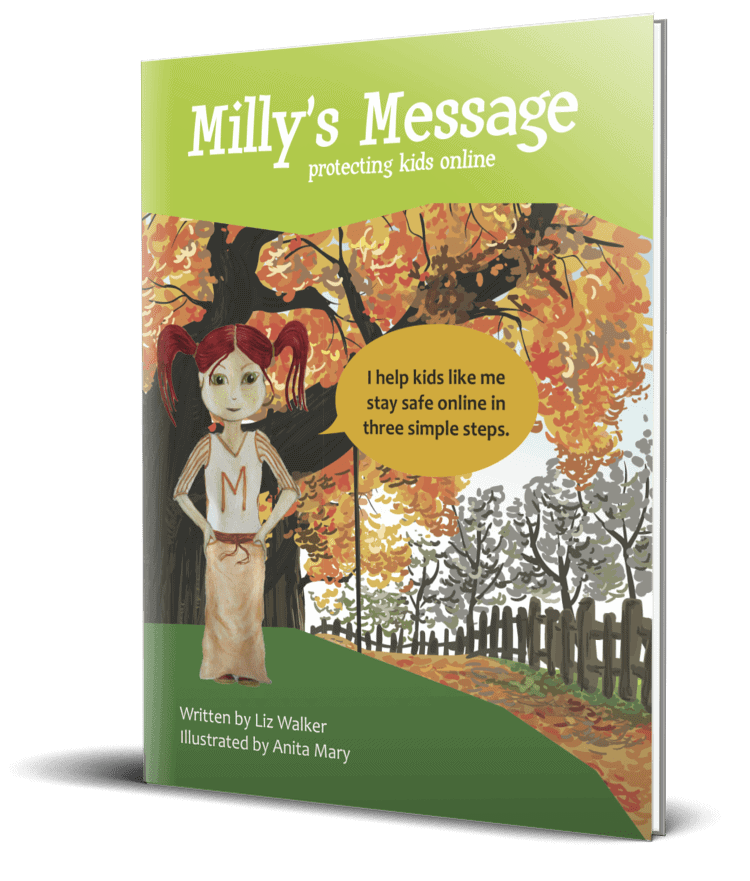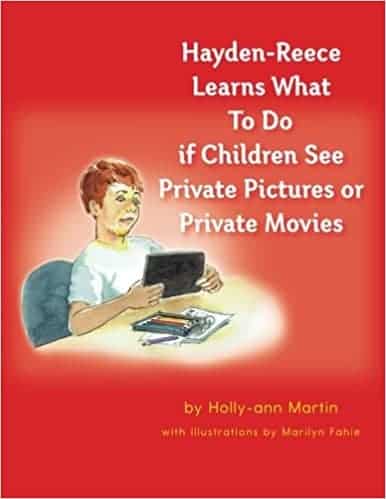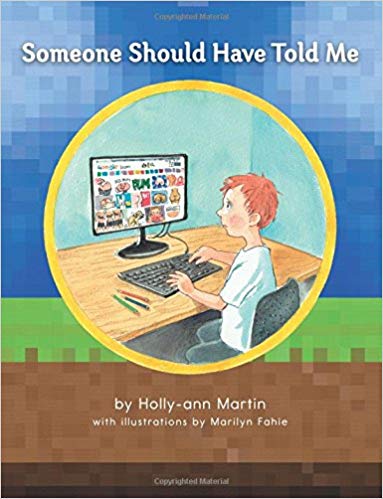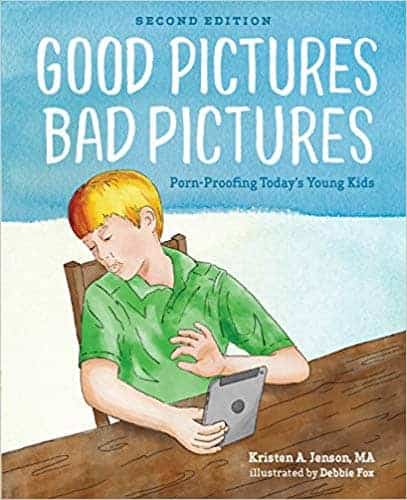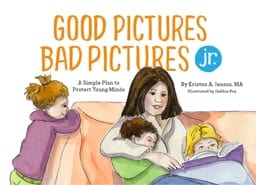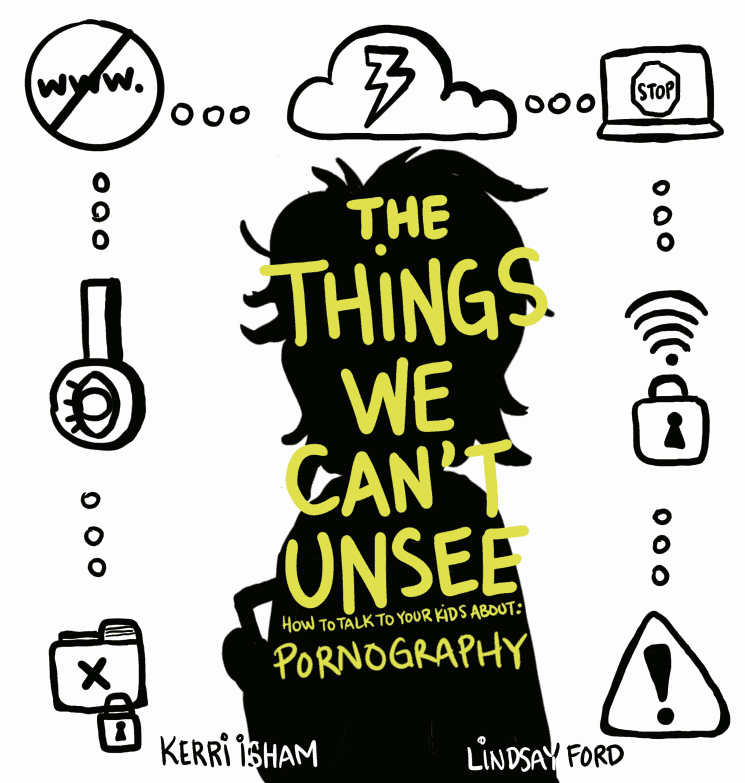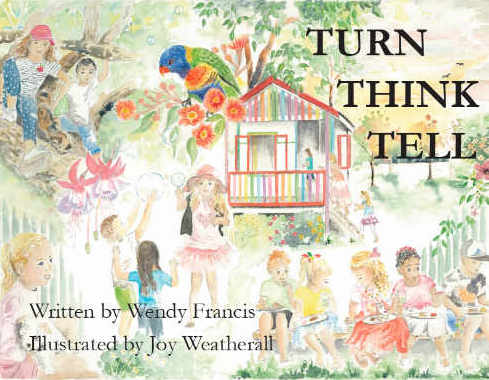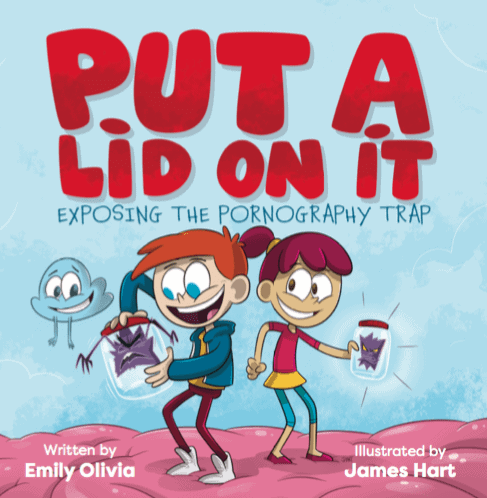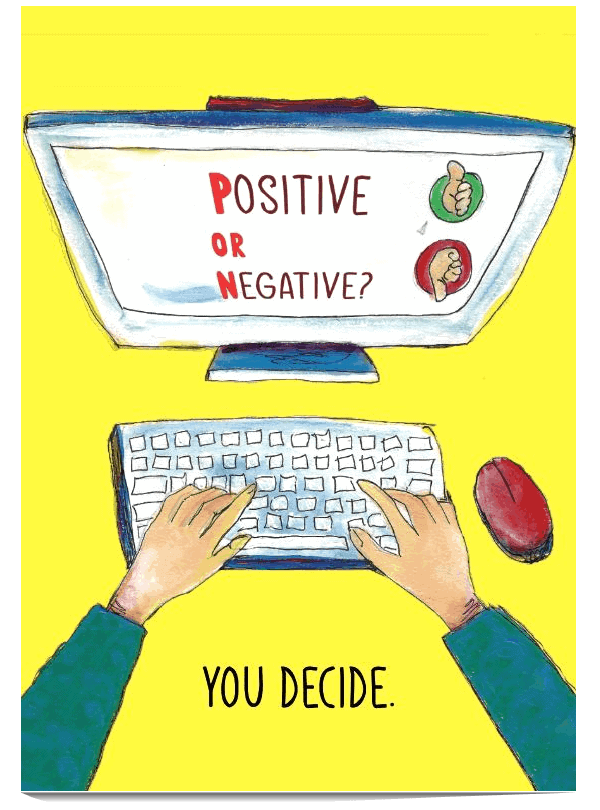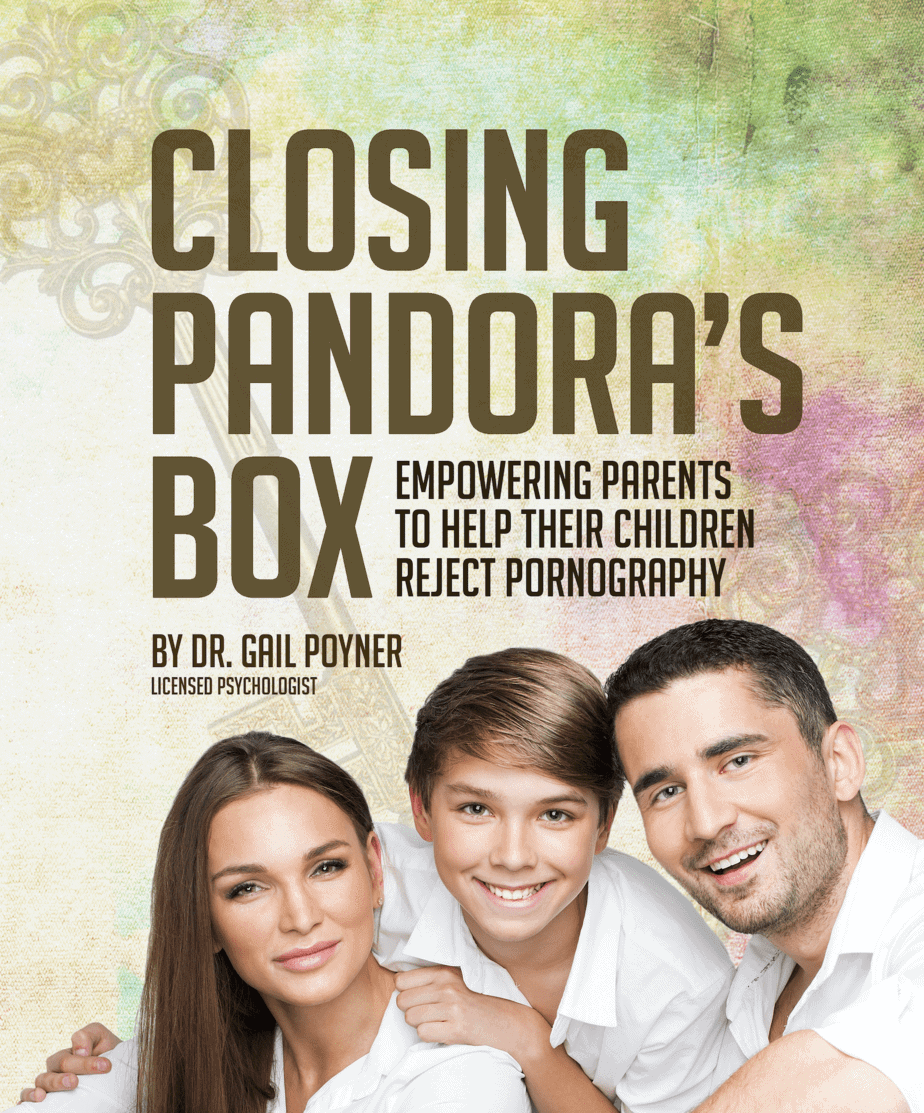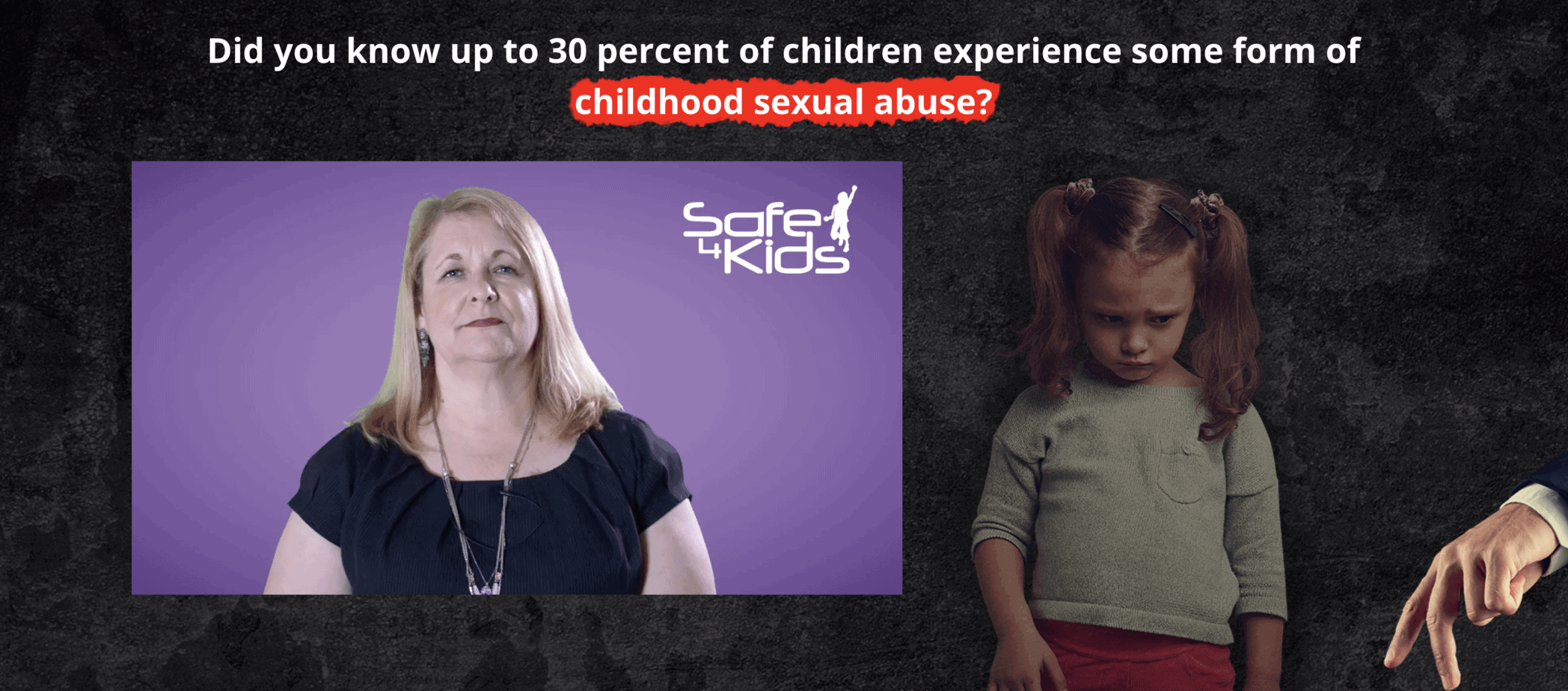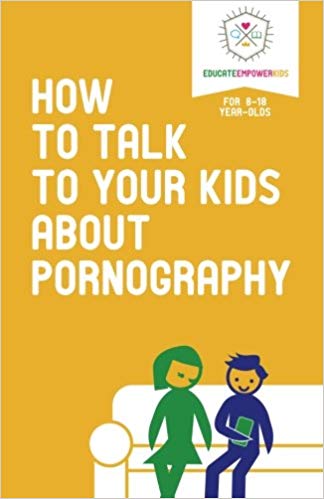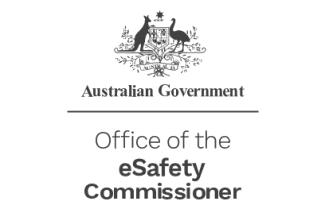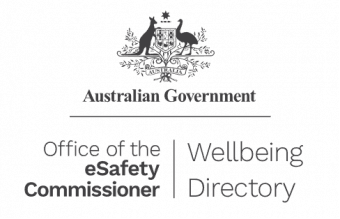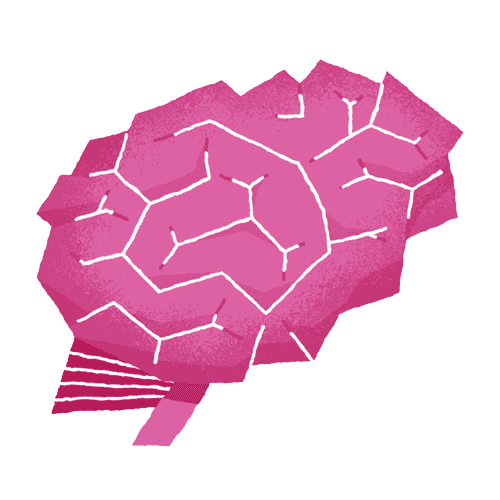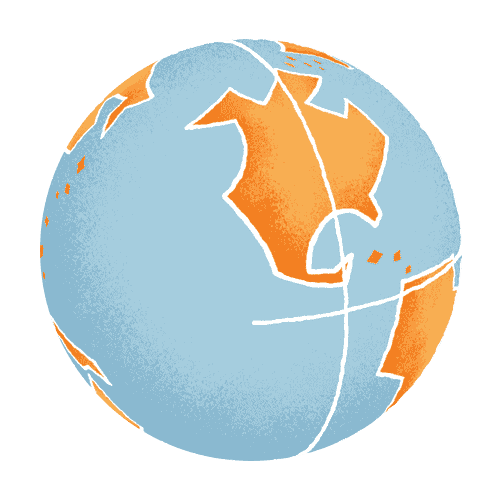Find resources below to prevent and respond to online porn harm and support family conversations. Most importantly, be sure to check out our books for kids.
Children’s Books to Help with Porn Conversations
Christian Children’s Books to help with porn conversations
A book to help with early teen porn conversations
Developed by Act for Kids therapists, 12 years and older is a guideline age for the use of this particular resource.
Before sharing this booklet with others, consider:
- Individual emotional maturity
- Developmental stage
- Context and environment
How to use the booklet:
- Do not give the booklet to a young person in isolation. It is designed to start conversations and debunk myths about the sex young people see online.
- Use the conversation prompts at the back of the booklet to inform your discussions.
- Be open, honest and nonjudgmental. Remember, this conversation will probably be hard for them too.
- Encourage them to ask questions. Answer these as honestly as you can.
- Use the correct terminology when talking about sex and private body parts.
- Have multiple short chats with your young person. This is much more effective than an exhausting drawn-out dialogue.
- Allow time for them to think about the content and reflect. We believe the ‘less is more’ technique reduces some of the embarrassment for the young person, which means ongoing conversations may be more likely to occur.
Additionally, a range of child protection education resources and children’s books are provided by Holly-ann Martin at Safe4Kids, and Jayneen Sanders at Educate2Empower Publishing.
Books and Online Training to Support Parents
Building Resilience and Resistance to Hypersexualized Media and Porn
The Culture Reframed Parents Program is a complete, best-practice toolkit to help raise porn-resilient kids.
In particular, resources to check out from Culture Reframed include:
- Social Media & Mobile Phone Contract – an essential resource aimed at equipping you with the knowledge and skills to have conversations that ensure you stay connected to your young person’s online world.
- COMPOSE Yourself! – a model which helps parents respond effectively when they discover their young person has viewed pornography.
- Intervention & Recovery – guidance to understand the warning signs of problematic porn use and develop a strategy tailored to best support your family’s needs.
Closing Pandora’s Box is a parent’s guide for helping children and teens who have been exposed to, or are actively using pornography. Filled with worksheets and easily understood concepts, this book provides a framework for parents and kids to collaborate and work together in mastering the unbelievably strong desire to view porn.
Closing Pandora’s Box provides parents, children and teens the information and skills they need to fight what has become a very real and personal war. This book was written by Dr.Gail Poyner, a psychologist, who actually treats children and teens who are in the midst of disturbing pornography use.
Educate and Empower Kids provides resources to parents and educators to encourage deep connection with their kids through media education, meaningful family communication and intentional parenting. They do this by teaching digital citizenship, media literacy, and healthy sexuality education—including education about the dangers of online pornography.
Videos for parents and caregivers
Is free pornography destroying our brains?
School kids today are watching porn like never before. It’s free, it’s instant and it’s having a devastating effect.
New Zealand TV3 current affairs program 3D has spoken to porn users and porn addicts, as well as a sex educator Liz Walker, and a top international scientist who say this new type of porn can actually alter our brains.
Our Kids Online – Porn, Predators & How to Keep Them Safe
Rent this film today on Vimeo On Demand.
Follow the journey of two filmmaker parents, who accidentally stumbled on the biggest un-had conversation of our time, while researching the pros and cons of handheld devices for their children. A must-see documentary for every parent on how to protect our kids from online predators and the fallout from exposure to today’s genres of hardcore, violent, degrading porn. Featuring some of the world’s leading experts in this field. Read our review here.
Get Informed
Where are your kids getting their sex education? Their smartphones? In this digital age, it’s critical for young people to have trusted adults to help them build resilience and resistance to hypersexualized media and porn. Check out Culture Reframed’s free online Program for Parents of Tweens and Program for Parents of Teens, complete with scripts that guide you in these life-changing conversations. Don’t wait another day!
Also by Culture Reframed:
- COMPOSE Yourself!: a practical guide to help parents respond well when they discover their young person has viewed pornography. The COMPOSE Yourself! model is adaptable for all ages.
- Family Tech Guide
The Office of the eSafety Commissioner is an important resource to assist with helping all Australians have safe, positive experiences online.
- Report cyberbullying
If you are under 18 you can make a complaint about cyberbullying or online bullying. A child’s parent, legal guardian, or someone authorised by the child is also able to submit a cyberbullying complaint. - Report image-based abuse
If an intimate image has been shared, or someone is threatening to share it, without your consent, you can make a report no matter what your age. - Report offensive and illegal content
The Cyber Report team investigates complaints about offensive and illegal online content, including online child sexual abuse material. - Online pornography: a guide for parents and carers
This information covers:- How do kids find pornography online?- How can I protect my child?- What can I do if my child has found pornography online?
Curious about the latest research on internet porn’s effects? Wondering about sexual dysfunction? Escalation to extreme material? Low desire for partnered sex? Social anxiety, cognitive problems, lack of motivation? Your Brain on Porn may have the information you’re looking for.
The Light Project aims to help youth, their whānau, schools and wider communities to positively navigate the new porn landscape in Aotearoa (New Zealand).
The Reward Foundation are a key source of evidence-based information about love relationships and the various risks of watching too much pornography.
Fight the New Drug – a non-religious and non-legislative organization that exists to provide individuals the opportunity to make an informed decision regarding pornography by raising awareness on its harmful effects using only science, facts, and personal accounts.
Other helpful links
Sex & U: a real-life approach to the questions and issues around sex and sexuality.
Talk soon. Talk often: A guide for parents talking to their kids about sex
It’s time we talked: for Young People, Parents, Schools and Community Organisations, this Australian Initiative by Reality & Risk busts some myths and provides helpful tips.
Sex. Relationships. The Internet: From Think U Know in the UK, this site offers practical insight for teens aged 14+.
Porn: what science says: From Think U Know in the UK, this page is for 14+ teens.
Educate and Empower Kids: provides resources to parents and caregivers to encourage connection and healthy relationships through love, communication, education and empowerment.
